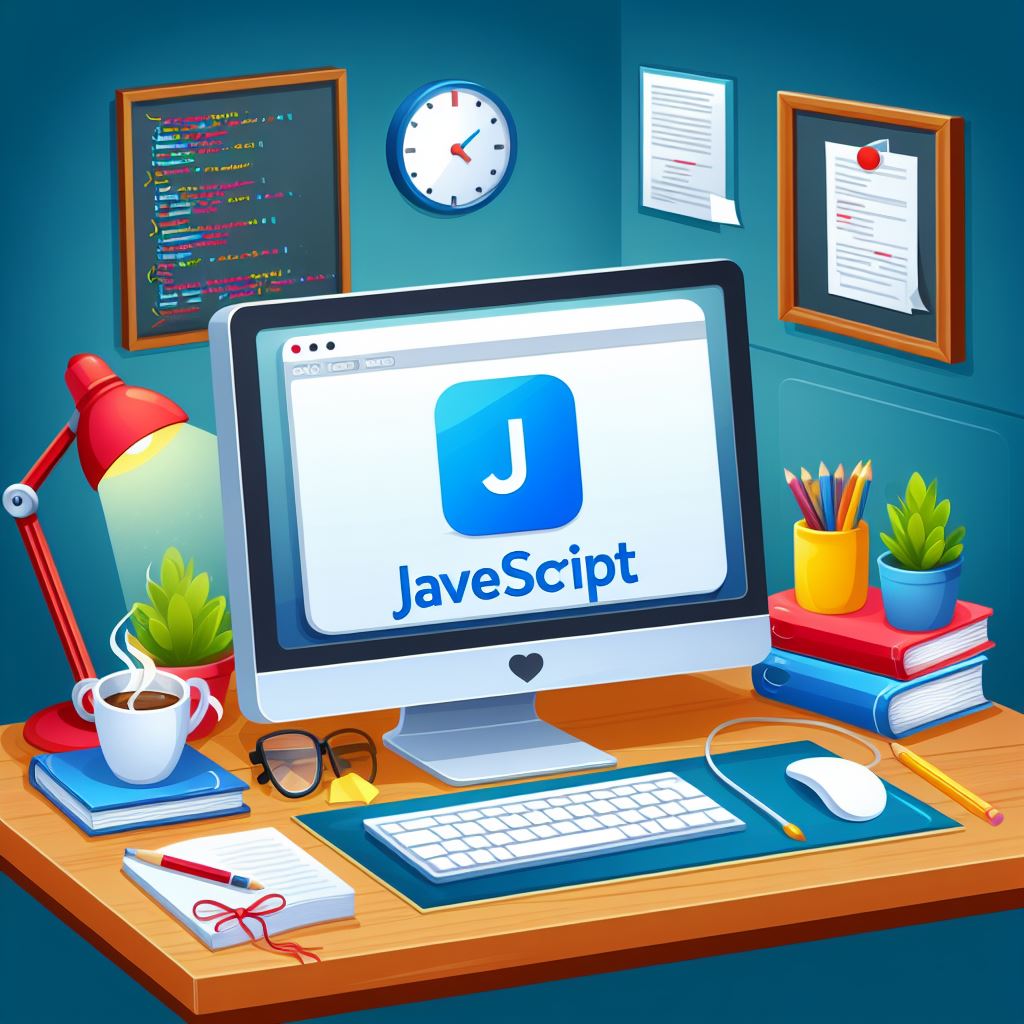| Module-1 | Module-2 |
|---|---|
| what is core Java? | Java Fundamentals |
| Java editions | Essentials Of Object-Oriented |
| Programming |
- Java Programming Foundation: Core, integrated with the Digital Screen Designer (DSD), constitutes the bedrock of the Java programming language. It encompasses all the fundamental concepts, rules, and syntax required for developing Java applications. The inclusion of DSD enhances the learning experience, providing an intuitive interface for understanding and practicing Java programming principles. This combination ensures that learners can grasp essential Java concepts effectively and embark on their journey to becoming proficient Java developers.
- Platform Independence: Any platform that supports the Java Virtual Machine (JVM) can run core Java programs. By compiling Java code into byte code, which can run on any JVM-enabled platform, platform independence is obtained.
- OOP (Object-Oriented Programming): Fundamentals Java is based on object-oriented programming ideas, which include encapsulation, abstraction, polymorphism, inheritance, classes, and objects.
- Java SE (Java Standard Edition): Fundamentals Java is a component of the Java Standard Edition (Java SE) platform, which offers an array of libraries and application programming interfaces (APIs) for creating desktop, online, and enterprise apps.
-
Java editions
- Java Standard Edition (Java SE): Also referred to as Core Java, Java SE is the foundational version of Java that contains the essential libraries, tools, and language capabilities required to create desktop, online, and corporate applications.
- Java Business Edition, or Java EE, is a collection of guidelines and programming languages used to create business-level software, including distributed systems, web apps, and enterprise integration tools. It offers further capabilities for transaction management, security, and scalability.
- Java Micro Edition (Java ME) simplifies Java for embedded systems, mobile devices, and resource-constrained contexts, including optimized APIs.
- Java: Java is a platform for building rich internet applications (RIAs), desktop applications
-
Programming
- Java’s Object-Oriented Paradigm: Java embodies polymorphism, abstraction, encapsulation, and inheritance, core principles of object-oriented programming.
- Platform Independence: Java’s programs are platform-agnostic, executing on any JVM-supported platform, thanks to bytecode conversion.
- Familiar Syntax: Java’s syntax resembles C and C++, facilitating a smooth transition for programmers familiar with these languages.
- Automatic Memory Management: Java features built-in garbage collection, preventing memory leaks and associated issues by managing memory automatically.
-
- Objects and Classes: The foundation of Java’s object-oriented programming (OOP) is the idea of objects and classes. An object is an instance of a class, and a class is a blueprint for producing objects.
- Bundling data (fields or attributes) and methods (functions or procedures) that manipulate the data into a single unit or class is known as encapsulation. It guarantees data integrity and conceals an object’s internal state from outside view.
-
-
Course Features
- Lectures 0
- Quizzes 0
- Duration 9 hours
- Skill level All levels
- Language English
- Students 7
- Assessments Yes






